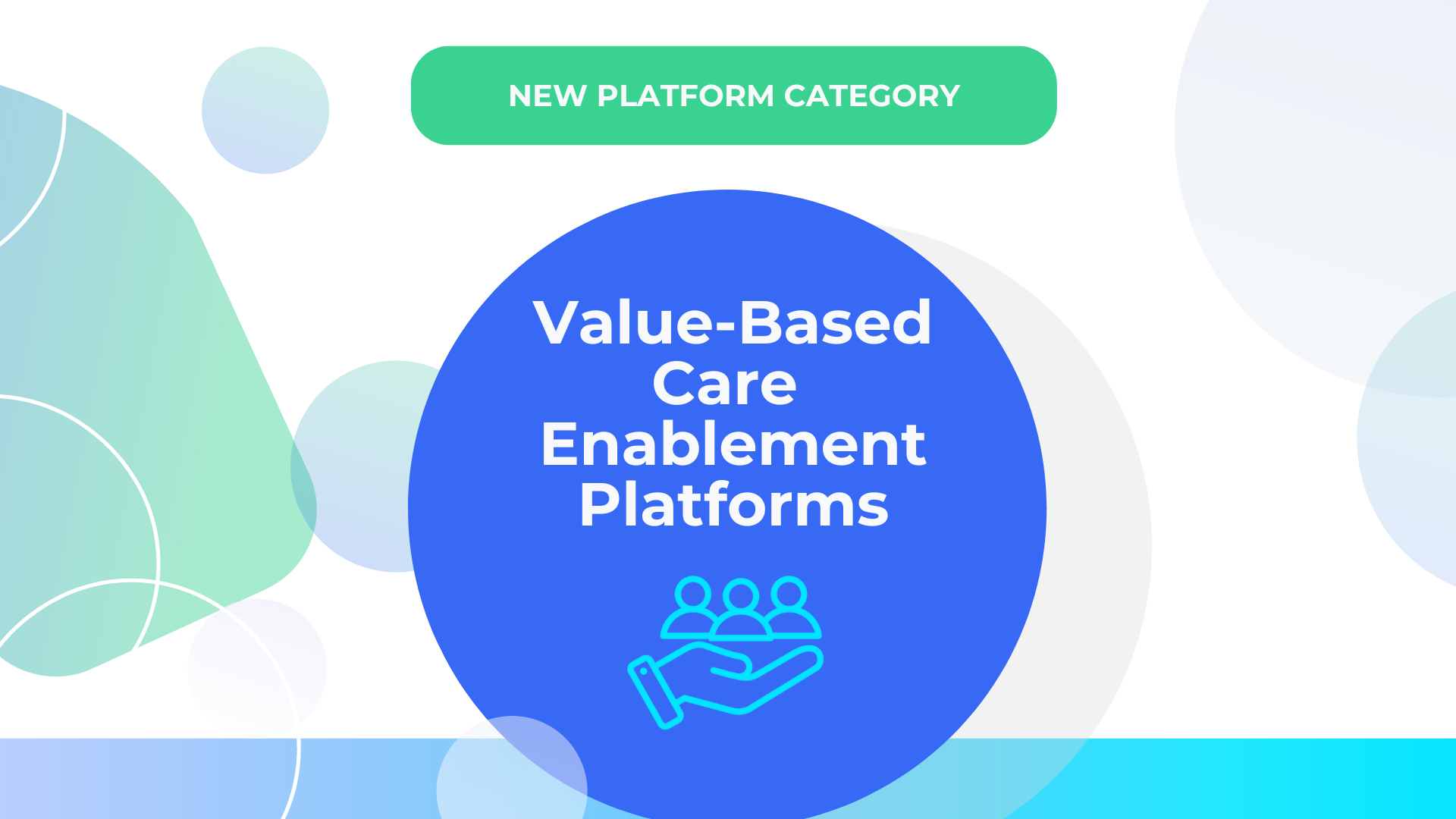What are value-based care enablement platforms, and what challenges do they solve?
Value-Based Care (VBC) enablement platforms are advanced software solutions designed to assist healthcare providers in transitioning from traditional fee-for-service (FFS) models to VBC models. These platforms serve as “training wheels” for provider organizations new to VBC, helping them manage the complexities of VBC contracts without directly delivering care. They share the responsibility for cost and quality outcomes, ensuring that healthcare providers can focus on delivering high-quality patient care while the platforms handle the intricacies of VBC management.
One of the primary challenges VBC enablement platforms address is data fragmentation. These platforms integrate data from various sources, creating a unified view that enhances decision-making and patient management. By facilitating seamless communication and data sharing across providers, they significantly improve care coordination and reduce the risk of care gaps. In terms of financial risk management, VBC platforms offer tools for cost forecasting and risk adjustment, helping providers manage and mitigate the financial risks associated with VBC contracts.
VBC enablement platforms ensure regulatory compliance through robust data management and security features, which are critical for adhering to healthcare regulations. They also enhance patient engagement by using personalized communication tools and strategies, leading to better health outcomes. By automating administrative tasks and streamlining workflows, these platforms reduce the burden on healthcare providers, helping to prevent burnout and allowing clinicians to work at the top of their licenses. VBC enablement platforms are crucial for supporting healthcare organizations in their journey towards efficient and effective VBC.
How do value-based care enablement platforms benefit hospitals and health systems?
VBC enablement platforms provide hospitals and health systems with comprehensive tools to transition from FFS to VBC models effectively. These platforms integrate data from various sources such as electronic health records (EHRs), medical wearables, remote patient monitoring, and telehealth systems, ensuring seamless interoperability. By synchronizing these data sources, VBC platforms enable healthcare providers to leverage advanced analytics for population health management, identifying patient care gaps, determining at-risk populations, tracking health trends, and implementing preventive health strategies. This holistic approach helps hospitals deliver high-quality care more efficiently while reducing costs and improving patient outcomes.
VBC enablement platforms streamline administrative processes by automating clinical workflows such as patient registration, billing, and clinical operations. This automation reduces administrative burdens, improves accuracy, and accelerates service delivery, allowing clinicians to focus more on patient care. Additionally, these platforms enhance patient engagement through interactive, personalized communication technologies, which help manage chronic diseases, improve care plan adherence, and optimize patient outcomes. By addressing social determinants of health and providing tools for effective care coordination, VBC platforms ensure that hospitals and health systems can deliver comprehensive, patient-centered care. This results in improved patient satisfaction, reduced provider burnout, and better financial performance for healthcare organizations. These platforms are increasingly vital as healthcare systems transition to VBC, supporting the reduction of total care costs, improving care coordination, managing financial risks, ensuring regulatory compliance, and mitigating provider burnout.
